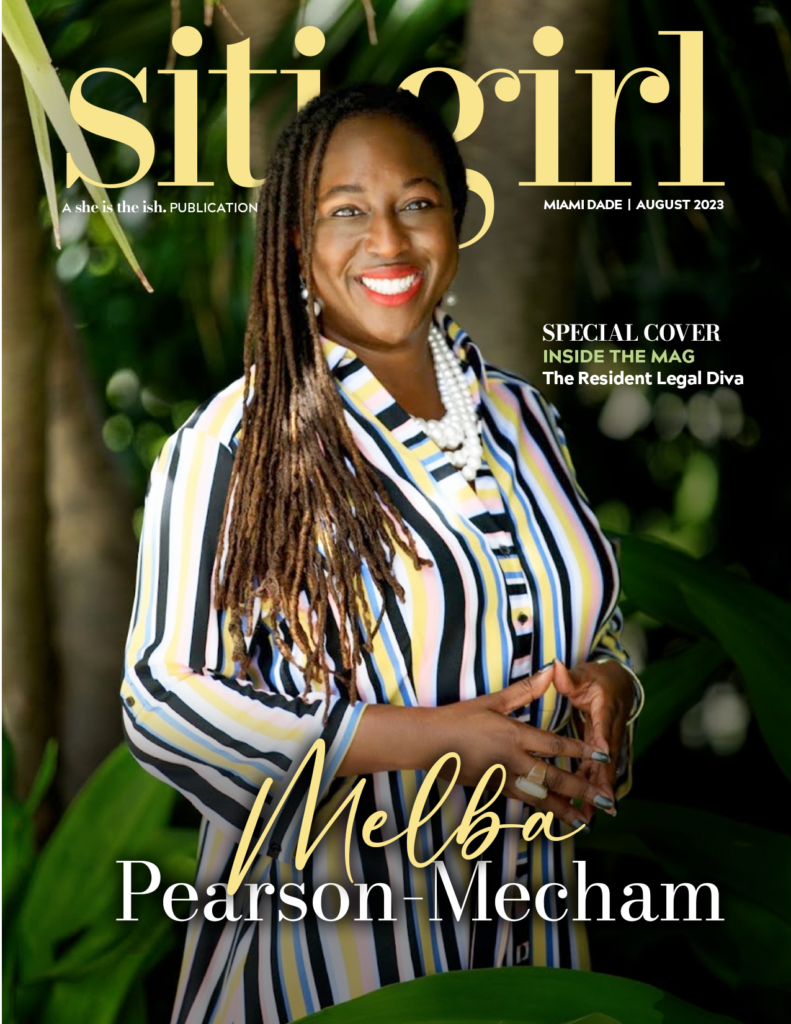
Melba Pearson is an attorney specializing in civil rights and criminal law, emphasizing policy. She is the Director of Prosecution Projects at the Gordon Institute for Public Policy, and co-manager for the Prosecutorial Performance Indicators (PPI) Project based at Florida International University. The PPIs aim to bring more transparency, equity, and racial justice to the criminal justice system. Ms. Pearson also serves as Faculty in the Department of Criminology and Criminal Justice. She has a consulting practice through her firm MVP Law, which includes assessments of police departments and creating community engagement strategies around criminal justice/civil rights issues. Before joining FIU, Ms. Pearson spent three years as Deputy Director of the ACLU of Florida. She worked to change police practices, expand voting rights, and reform the criminal justice system. Previously, Ms. Pearson was an Assistant State Attorney in Miami-Dade County for 16 years, culminating as Assistant Chief in the Career Criminal/Robbery Unit, supervising junior attorneys while prosecuting homicides. She serves as Vice Chair of the American Bar Association Criminal Justice Section, co-chair of the Prosecution Function Committee, and President of the National Black Prosecutors Association Foundation. Ms. Pearson regularly provides legal analysis for CourtTV, Law & Crime, local networks, and through op-eds that have been published in the Miami Herald, Washington Post, and other national outlets. She is the editor/author of the book “Can They Do That? Understanding Prosecutorial Discretion”. Lastly, she hosts a web show #MondayswithMelba, and a podcast as The Resident Legal Diva. In 2020, Ms. Pearson was the progressive candidate for Miami Dade State Attorney, garnering a strong showing across party lines. She lives in Miami Beach with her husband Bill.
SGMD: Melba, why did you become an attorney?
MPM: I became an attorney because I was inspired by all the stories my father used to share about the first civil rights movement. He always quickly reminded me that Rev. Dr. Martin Luther King Jr. and other activists had attorneys who assisted them when arrested while protesting; they played a critical role in the movement’s success. As a beneficiary of their struggle, I felt it was important for me to carry on this work.
SGMD: We thank you for heeding your father’s words. What drives you to continue the work?
MPM: Because we are not at the destination — equity, equality, and fair treatment for all! Sadly, we have seen a steady erosion of rights since 2016. Whether you think about voting (shrinking access to the ballot box by reducing early voting hours and falsely spreading rumors of voter fraud), reproductive justice (no one thought Roe v. Wade could ever be overturned), education (attacks on teaching accurate history, the fear of examining the fallout from slavery to the present day, and terrorizing teachers), criminal justice (removing the requirement for a unanimous jury to implement the death penalty, limited resources for people returning to the community post-incarceration, disparities in how victims of color are treated), and LGBTQ+ rights — we have a very long way to go.
SGMD: There is a real lived experience here; please share your thoughts on Florida’s social justice movement in the next three years.
MPM: The last few years have been an intense wake-up call nationally, especially in Florida. We have seen two years of the Florida Legislature delivering everything the governor has requested to fuel his culture wars for his presidential ambitions — all on the backs of Floridians. I believe the backlash to the hateful laws will cause more people to mobilize – whether through educating themselves about issues they had not previously considered, actively engaging their elected officials, or running for office themselves. I see parents stepping up out of concern about what their kids are learning (or more importantly, not learning). I see us leveraging social media and the power of the people — people who have previously been apathetic are now paying attention and realizing that we all have to do our part for a brighter, better future. Most importantly, we will have a new governor in 2026, which is the perfect springboard to engage people around the core value of justice.
SGMD: And this is why voting is so important.
